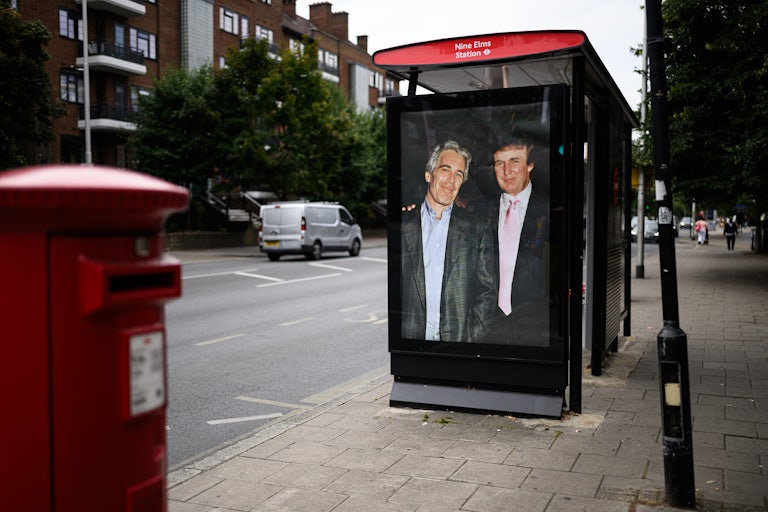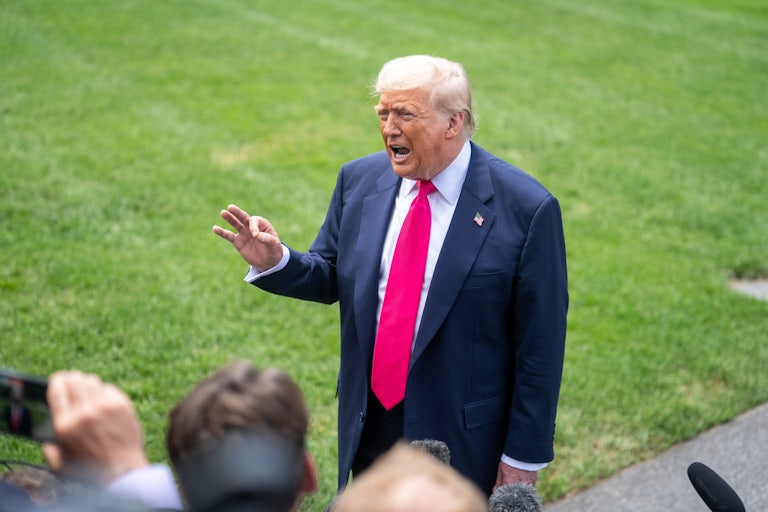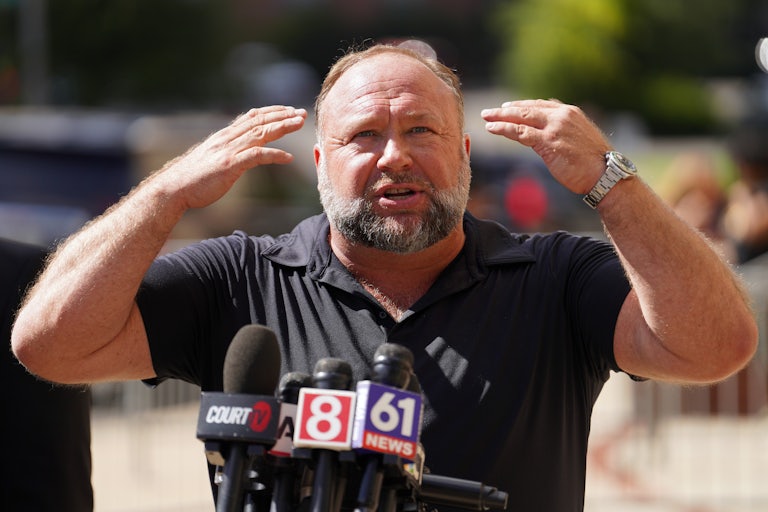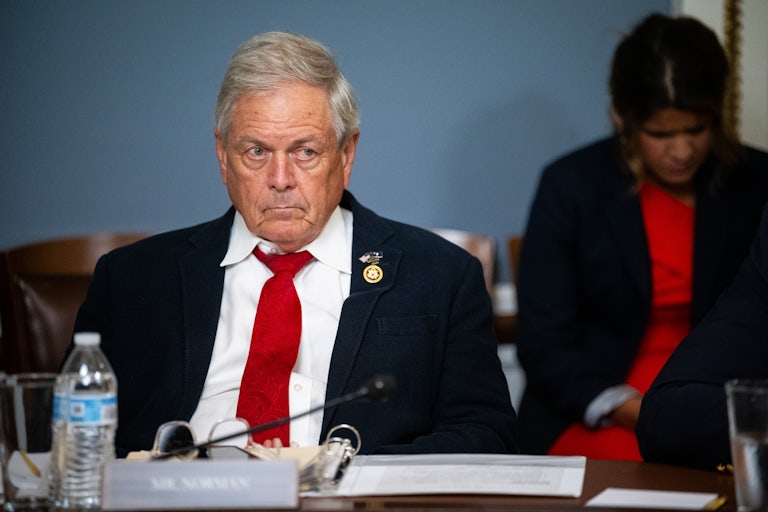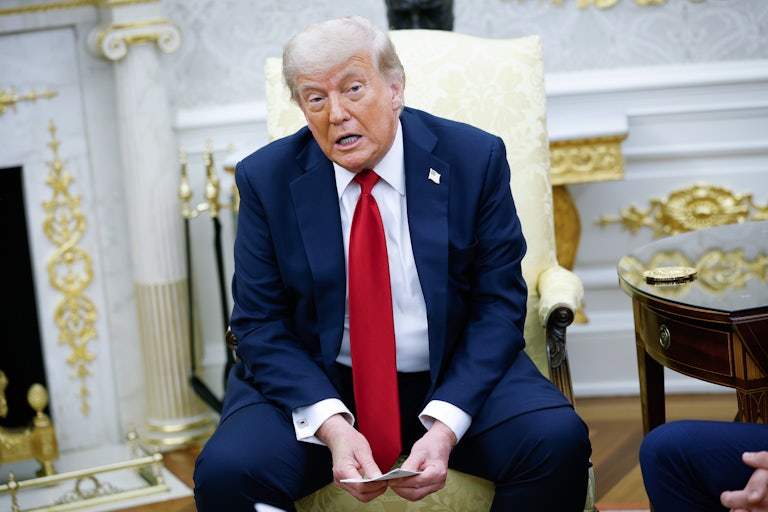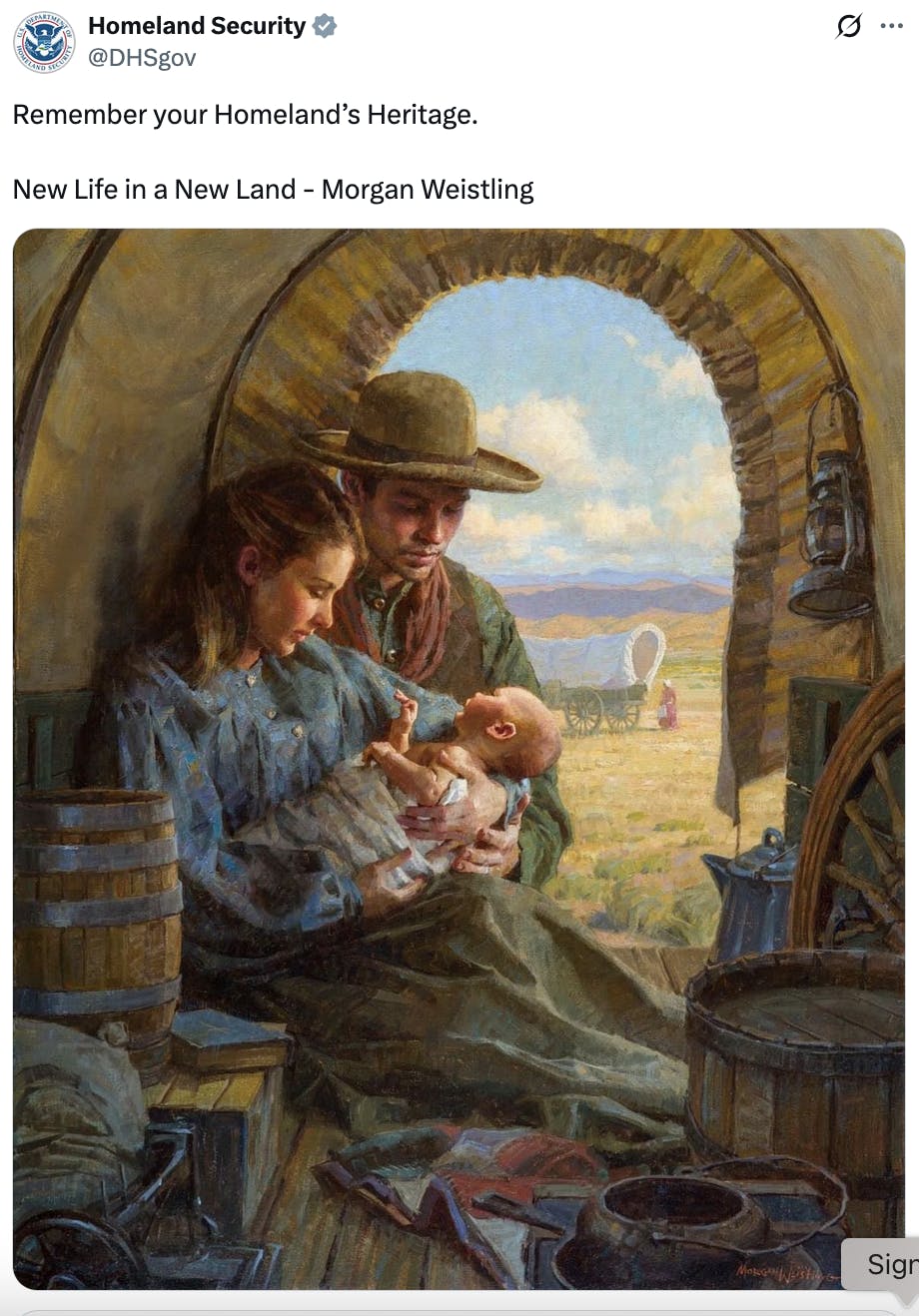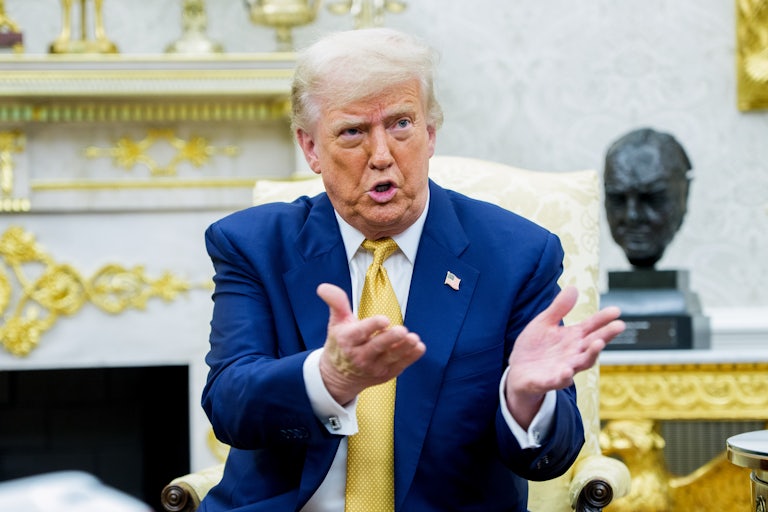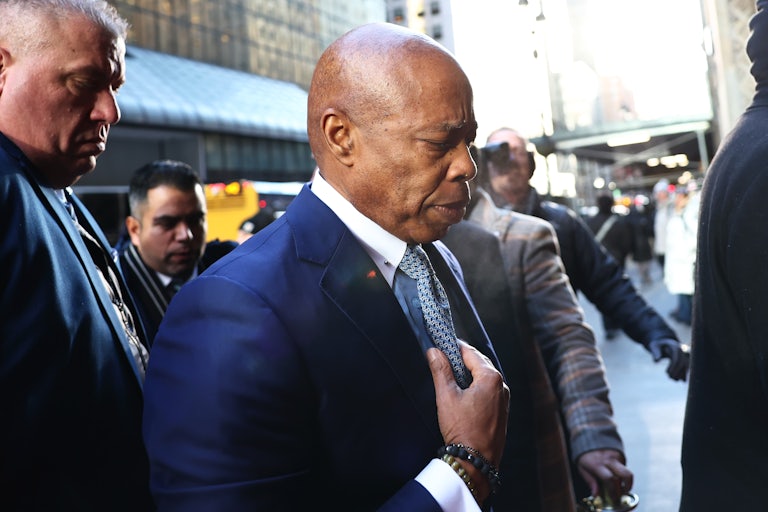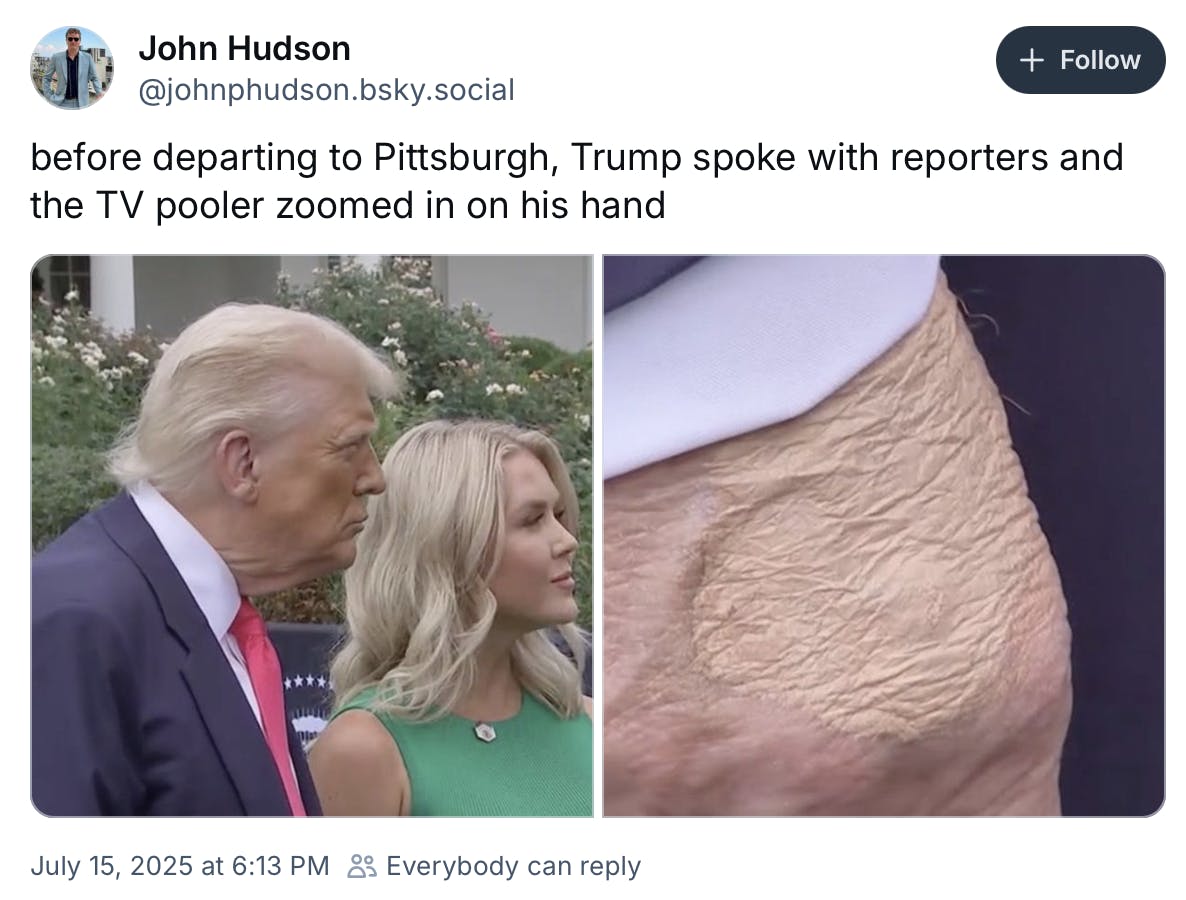Only Two Republicans Voted Against Trump Defunding Sesame Street
Senate Republicans just took a wrecking ball to public broadcasting.
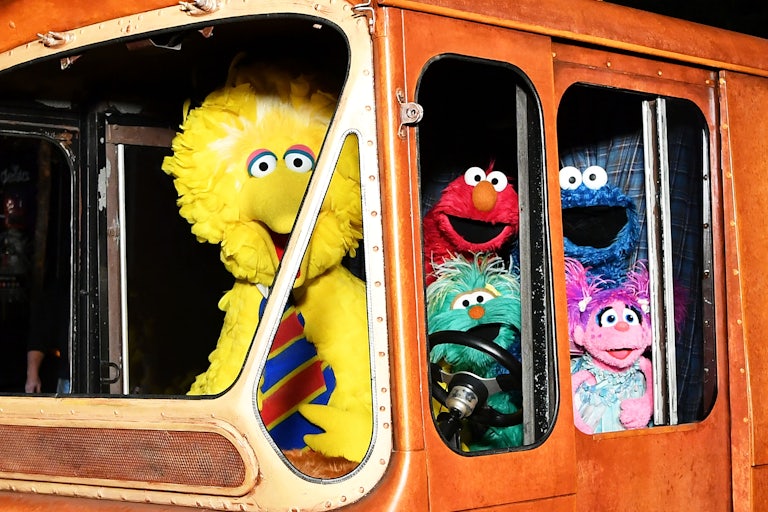
Only two Republican senators broke the line to vote against their party’s plan to defund the Corporation for Public Broadcasting.
Alaska’s Lisa Murkowski and Maine’s Susan Collins joined Senate Democrats in opposition to Republican cuts to organizations like PBS and NPR, and the smaller stations that they fund. While PBS and NPR would still continue at the national level, the cuts would likely devastate those local stations that rely on them.
The Senate approved $9 billion dollars of cuts early Thursday morning, with $1.1 billion in cuts to public broadcasting and $8.8 billion from foreign aid programs like USAID, which Elon Musk’s DOGE slashed earlier this year.
“The vast majority of this funding, more than 70 percent, actually flows to local television and radio stations,” Collins said last month during an earlier stage of the deliberation. “In Maine, this funding supports everything from emergency communications in rural areas to coverage of high school basketball championships and [a] locally produced high school quiz show. Nationally produced television programs such as Antiques Roadshow, Daniel Tiger’s Neighborhood, are also enjoyed by many throughout our country.”
“I understand … the concern about subsidizing the national radio news programming that for years has had a discernibly partisan bent,” she added. “There are, however, more targeted approaches to addressing that bias at NPR than rescinding all of the funding for the Corporation for Public Broadcasting.” She backed up that thinking with her vote on Thursday morning, along with Murkowski.
Conservatives have been obsessed with attacking NPR and PBS for years. This political decision gives them at least some of what they wanted, all while taking out programming and resources, from Sesame Street to Native American radio, that Americans of all ages genuinely use and enjoy.
“We just don’t have a lot of fat to trim elsewhere,” South Dakota Public Broadcasting executive director Julie Overgaard told The New York Times on Thursday. “On the PBS side of things, I can’t just start cherry-picking which national programs I want and only pay for those … so it really leaves me and many others with little choice but to look at the local programming that we self-generate.”
